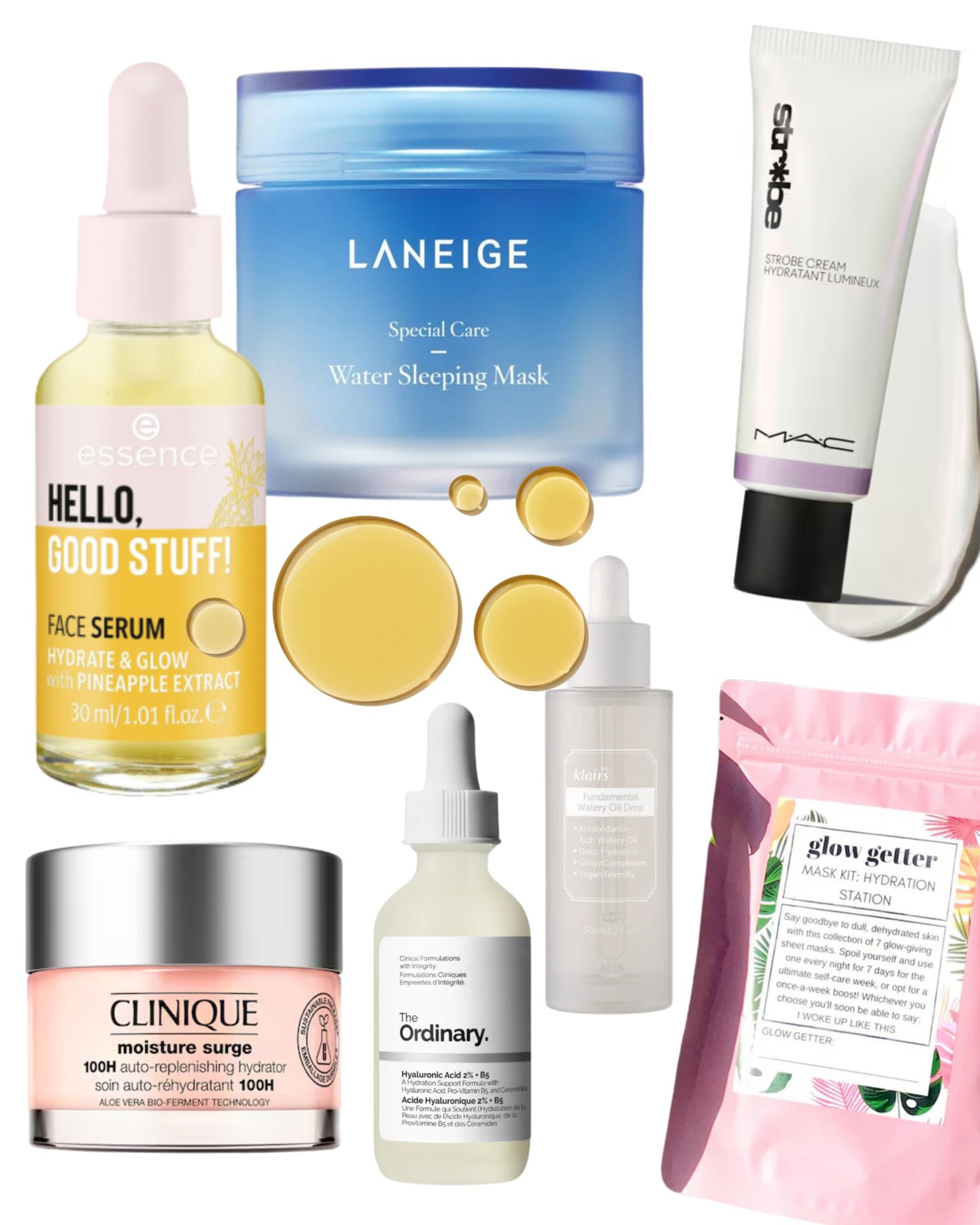Hearing your doctor say the word “chronic” can feel like the ground beneath you just gave way. Cue the emotional floodgates—fear, confusion, and a million questions you never thought you’d have to ask.
But here’s the thing: as overwhelming as it may feel, life doesn’t stop at diagnosis—it’s just a new chapter. And to help you navigate this journey, we’ve got the incredible Dr. Carmen James stepping in. She’s breaking down the facts, answering those tough, awkward questions, and most importantly, reminding us all that hope is always on the horizon.
Tell us about who you are and how you stepped into the world of assisting women.
I’m Dr Carmen James—a medical doctor, holistic coach, and a passionate advocate for
women’s health and well-being. My journey began when I noticed a gap in the healthcare
system, where many women felt unheard or misunderstood regarding their menstrual
health concerns. Throughout my medical training and practice, I became increasingly aware
of how stress, lifestyle, and emotional well-being profoundly affect women’s health. This
realization led me to integrate holistic approaches with conventional medicine, focusing on
treating the whole person rather than just the symptoms.
Today, I facilitate women’s health and wellness talks and workshops that focus on educating
and empowering women to use their natural shifts in their hormones as a superpower
rather than to view it as a burden.
Chronic conditions come with a dark label of permanence. How would you suggest
someone digest that information without losing all hope?
It’s natural to grapple with feelings of uncertainty and despair, but it’s important to
remember that a diagnosis is not the end of your story. Instead, it is the beginning of a new
chapter—one where you have the opportunity to redefine your journey and find strength
you didn’t know you had. My advice is to educate yourself. Knowledge is empowering.
Understanding your condition can alleviate fears of the unknown. Research credible sources.
Ask your healthcare provider questions, and learn about all treatment options available to
you. Focus on what you can control. While the condition may be chronic, there are aspects of
your health and lifestyle that you can influence. Adopting nourishing nutrition, engaging in
physical activity, and practicing stress-reduction techniques can significantly impact your
well-being.
Chronic conditions impact mental health enormously. What are a few coping
mechanisms women can utilize to aid in their journey to healthy living?
I find that practicing mindfulness helps to stay present and reduces anxiety about the future.
Techniques like meditation, deep-breathing exercises, or progressive muscle relaxation can
alleviate stress and improve emotional well-being. Consuming a balanced diet rich in whole
foods can positively affect your mood and energy levels. Get enough sleep—adequate rest is
crucial for our mental health. Engaging in appropriate physical activity releases endorphins,
which are natural mood lifters. Activities such as walking, yoga, or swimming can enhance
both physical and mental health without overexerting the body.
When self-esteem plummets, what are some go-to saving graces?
Treat yourself with the same kindness and understanding you would offer a close friend.
Making a list of your accomplishments and the qualities you appreciate about yourself can
serve as a powerful reminder of your worth and capabilities. Challenge negative thoughts by
replacing them with positive affirmations, and remind yourself of past successes and your
ability to overcome difficulties. Remember, everyone’s journey is unique. Focusing on your
own progress rather than comparing yourself to others can reduce feelings of inadequacy.
Curate your social media and news consumption to include positive and inspiring content,
limiting exposure to negative media. If low self-esteem persists, consider reaching out to a
mental health professional who can provide guidance and coping strategies tailored to your
situation.
Do you believe there is power in herbal treatments that are not spoken of in doctor’s
rooms?
I believe there are significant health benefits in herbs and herbal supplements. Many plants
have been used for centuries across various cultures to promote health and treat ailments.
Modern research has begun to validate some of these traditional uses, finding that certain
herbs contain active compounds beneficial to our health.
However, herbal treatments are not always discussed in doctor’s rooms because herbalism is
not the primary focus in medical schools, which tend to emphasize an evidence-based
approach that has a more abundant foundation for pharmaceutical medicines compared to
botanicals. Not all her remedies have been thoroughly studied in clinical trials, so without
robust scientific data, physicians may be hesitant to recommend certain herbs. Herbal
supplements are also not always regulated with the same rigor as pharmaceutical drugs.
This can lead to variations in potency and purity, making it challenging to guarantee their
safety and effectiveness. Herbs can also interact with prescription medications, potentially
reducing their effectiveness or causing adverse effects. Without detailed knowledge of a
patient’s use of herbal supplements, there interactions can pose risks.
I advocate for an integrative approach to health, combining the best of conventional
medicine with evidence-based natural therapies. While there is power in herbs and they can
offer health benefits, it’s essential to approach them thoughtfully and responsibly.
Is there life after a chronic diagnosis?
Absolutely! While receiving such news can be life-altering and overwhelming, it’s important
to remember that a diagnosis is not a definition of who you are. Many people with chronic
condition lead full, meaningful lives filled with joy, purpose, and fulfilment. It’s natural to
experience a range of emotions, so give yourself space and time to process these feelings
without judgment. Be proactive in your healthcare. Ask questions, seek second opinions if
necessary, and collaborate with your healthcare team to create a plan that works for you.
Surround yourself with people who uplift and support you. This can include friends, family,
support groups, or mental health professionals.
What are some of your personally tried and tested methods to alleviate stress and
anxiety when it comes to health concerns?
I find journaling very therapeutic. Writing down my thoughts and feelings allows me to
process emotions and identify patterns in my stress responses. Journaling provides a safe
space to express myself without judgment. Also, while it’s important to stay informed about
health matters, too much information can increase anxiety. Set boundaries on consuming
news or health-related content, focusing only on credible sources when necessary.
Gratitude is also a powerful practice. Writing a list of things you’re grateful for, no matter
how big or small, can help shift your focus from worries to positivity, enhancing your overall
outlook.
If there is something you could say to women who have been diagnosed with a
chronic illness and are on the brink of losing faith, what would it be?
Your feelings are completely valid and you are not alone. Navigating a chronic condition can
be incredibly challenging, and it’s okay to acknowledge the weight of that burden.
Remember, you are so much more than your diagnosis. While this condition may be part of
your life, it does not define or diminish your worth. Each day you continue forward us a
testament to your strength and resilience, even if it doesn’t always feel that way. Allow
yourself moments of kindness and self-compassion. Engage in activities that bring you joy
and peace, no matter how small they may seem. Take one day at a time, and know that it’s
okay to ask for help. Professional support, whether medical or emotional, can provide you
with additional tools to cope and find hope in your journey.
If women are in need of your assistance and need to get in touch with you, what are
the avenues they can take?
For women’s health and wellness content, follow @dr.carmenjames on all social media
platforms. For queries about women’s health workshops and talks, email
dr@carmenojames.com
A positive affirmation or motto that you live by:
Every challenge is an opportunity for growth and healing.








